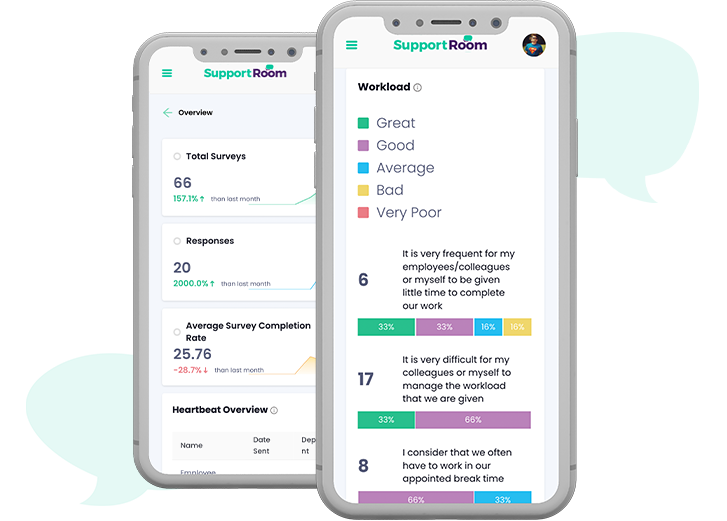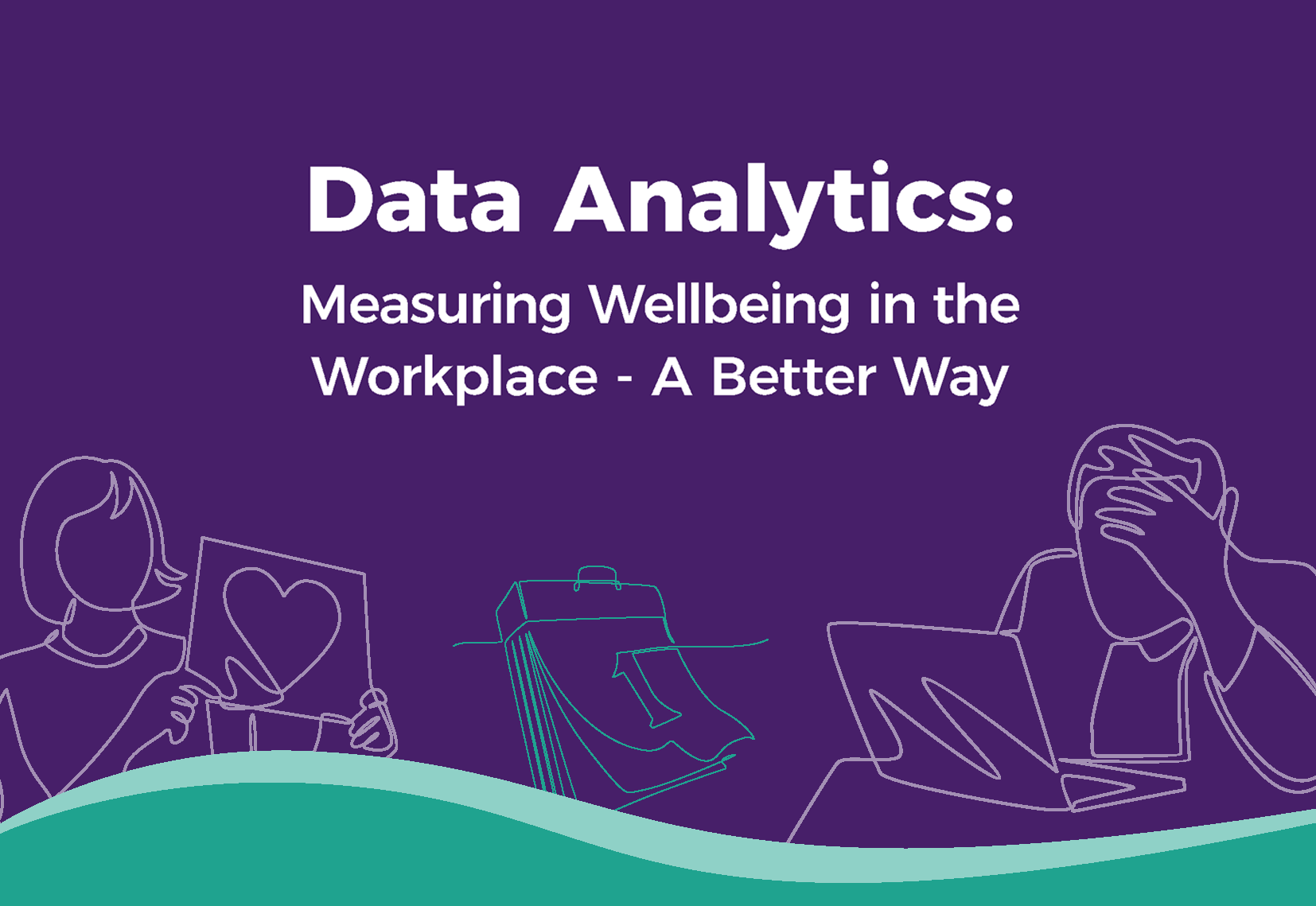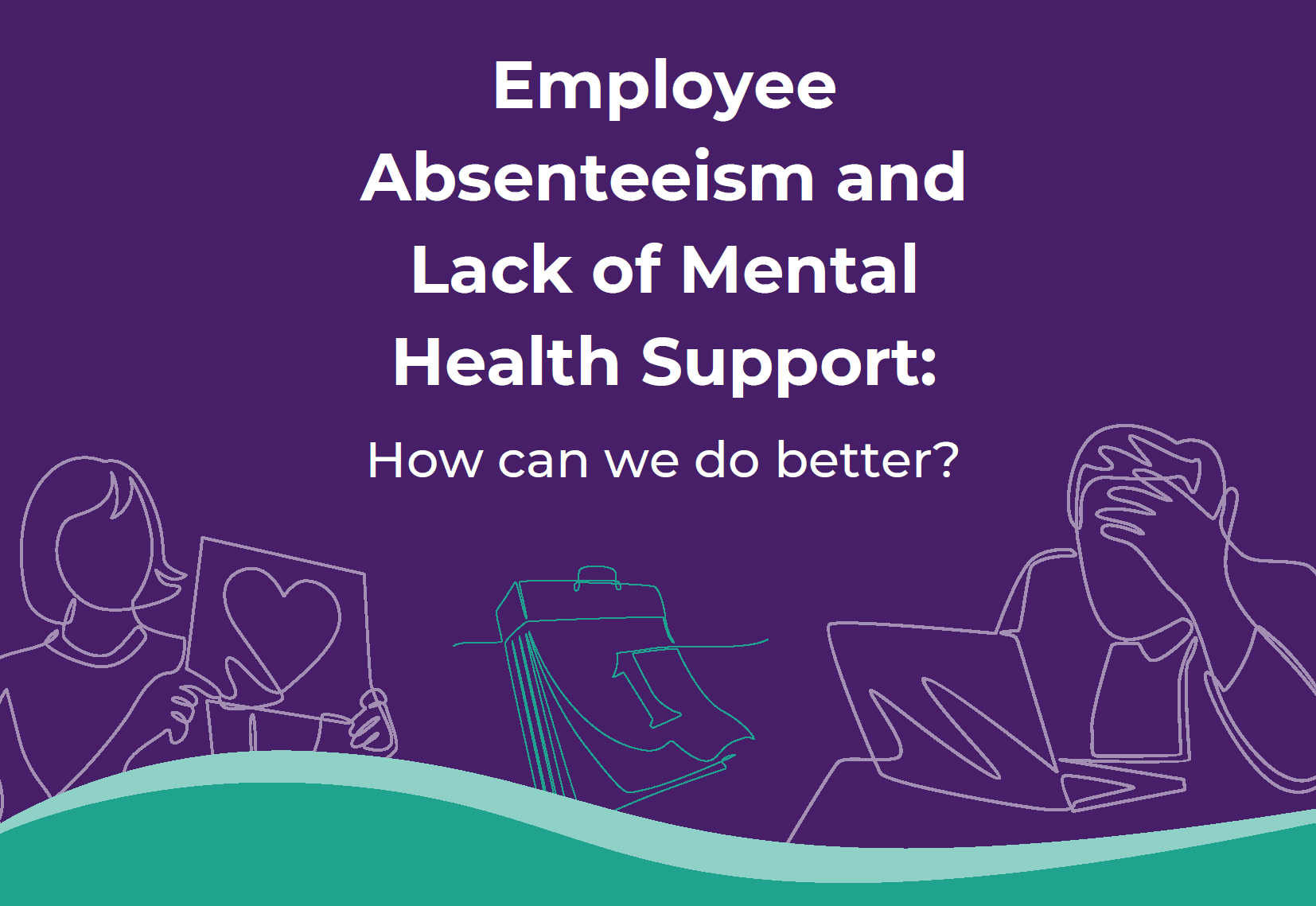Are you feeling overwhelmed? Perhaps you find that you get ill a lot? Maybe you’re drinking or smoking more than you once did? Have you ever wondered whether you need therapy?
Therapy is – at times – much-maligned. Some people think you need to be seriously ill even to consider therapy. But that’s quite a dangerous perspective because it’s unwise to wait until you break before you seek help.
Perhaps you’re just “not feeling yourself”. Maybe you’re not handling stress or anxiety as well as you usually do. Of course, the pandemic has put us all under a lot of pressure, decreasing mental health for many of us.
Pushing through and just getting on with things isn’t really an answer. Eventually, you’ll find that it doesn’t work so well anymore.
If you’re struggling to hold your head above the waterline, then maybe a chat with a qualified therapist (such as the professionals at SupportRoom), could provide a refreshing outside eye on your problems.
Use this checklist to see if you might benefit from some time with a qualified therapist.
1. You could do with an MOT
A chat with a therapist should be considered a mental health MOT. Just like we exercise and try to eat well to maintain our physical health, therapy provides us with a space to acknowledge the state of our mental health.
Those low-level niggling doubts and worries are more comfortable to address while they’re minimal. Don’t wait for them to escalate towards breaking point.
Consider therapy as a valuable check-in for your mental health; an essential health check, just like a trip to the dentists.
2. You feel overwhelmed
2020 has been a rough year for the human race, and it’s only natural to feel that – at times – things get too much.
As a nation, we tend to force our emotions out of sight, and most of us only let them out when we’re behind closed doors. That’s not very healthy, and – over time – we realise that small problems escalate into big ones because we’re failing to address the little things.
If you find that you cry at the drop of a hat, or you’re experiencing mood swings or outbursts of anger or frustration, then it’s a sign that you might benefit from talking to a qualified therapist.
3. You’re continuously ill
We think of our physical health as separate to our emotional health, but they’re deeply interconnected.
Long-term stress, for example, can negatively impact your immune system, meaning that you get ill more regularly.
Anxiety and worry can lead to physical aches and pains, as well as problems with digestion and insomnia.
These are all signs suggesting that you might do well to enjoy some time on the therapist’s couch.
4. Your productivity has reduced
Low-level mental health conditions can impact your ability to concentrate. Perhaps you find that you quickly lose the thread of a conversation or you can’t make decisions that were once straightforward. Maybe it’s little things; like you find it a struggle to finish a book.
Depression, in particular, can affect your physical health in surprising ways, and some people don’t even realise they’re suffering from the condition. Check-in with a therapist if you’re experiencing these symptoms.
5. You rely on alcohol (or drugs) to help
Most of us enjoy a glass of wine now and then, but if you find it difficult to resist the urge to drink EVERY night without fail, it could be a dangerous sign of underlying addiction.
If you find that you’re turning to external stimulants to make yourself feel better, then it might be a good time to chat to a non-judgmental professional.
6. You find life unexciting
If you feel like you’re stuck in a rut, you probably are.
There’s a condition known as Anhedonia that manifests as an inability to feel pleasure. It’s a common symptom of depression and affects a person’s motivation.
If you find less life pleasurable than it once was, it could be a red flag. Chat to a therapist who will be able to help.
7. Your friends tell you they’re worried about you
If your friends tell you they’re worried about you, then there’s probably something that you’re refusing to acknowledge.
Your friends and family love you and care about your welfare, so if they’re expressing concern over your wellbeing, you shouldn’t ignore it.
Chatting to a qualified outsider can be really helpful.
8. You’re withdrawing yourself from your social circle
Perhaps you feel like you have nothing in common with your friends anymore. Maybe you’re becoming a little insular, or you find that things are just more manageable when you’re on your own; away from other people.
This could be a symptom of waning mental health. Isolating yourself is associated with depression and anxiety. It could be time to have a chat with someone who can lend a sympathetic ear and knows how to help.
9. You fail to learn from past mistakes
We all make mistakes, but if you find that you keep on making the same mistakes over and over again, it could be a sign of some damaging, deeply-ingrained learned behaviours.
Speak to a therapist to help address the causes of your mistakes and learn new ways to cope with patterns of negative behaviour.
10. You can’t hold a relationship together
Perhaps you enter headfirst into love, and it frequently ends badly. Maybe you find yourselves at loggerheads with your chosen partner, or you may find that you keep pushing people away before things get too serious.
Relationship issues like these often occur as a symptom of trauma or a problem with relationships in the past.
You might find that talking to a qualified therapist can help you recognise the root of the problem, and addressing it can help you overcome the barriers to healthy relationships you’re experiencing.
11. You’re having problems with sleep
You might drop off quickly at night, but wake up after a few hours and end up staring at the ceiling until the light creeps in from behind the curtains. Or perhaps you find it impossible to switch off enough to drop off.
Problems with sleep are often a reliable indicator of other mental health issues, so if you’re experiencing insomnia or aren’t getting enough sleep due to stress and anxiety, it could be time to chat to a qualified therapist.
Do I need therapy?
If you’re experiencing one or more of these symptoms, you could benefit from talking to somebody who understands and is qualified to diagnose and treat your conditions.
Don’t leave it until your problems get too much. Addressing symptoms early helps you overcome issues before they become too much to bear.
Get in touch today. We’re here to listen. Remember: you’re not on your own.
How SupportRoom can help
SupportRoom is a digital, behavioural healthcare company, connecting clients with a network of licenced therapists.
Our web-based platform is easy to use and super-convenient – accessible on the web or our mobile-first platform. Our therapies and web-based services are fully HIPAA-compliant and offer 24/7 support from qualified therapists.
Access our friendly, confidential services via text, video- or voice message at any time of the day or night; from anywhere with an internet connection.
SupportRoom offers therapy where you need it; when you need it: realtime treatment from skilled, experienced, qualified therapists.

Gain FREE access to Heartbeat
Get a free Heartbeat Survey.
Let us uncover the true state of your team’s wellbeing with a free mental health survey for your entire organisation.
Gain valuable insights to see how you can better support your team’s mental health and performance.
No pitch. No credit card required.

Gain FREE access to Heartbeat
Get a free Heartbeat Survey.
Let us uncover the true state of your team’s wellbeing with a free mental health survey for your entire organisation.
Gain valuable insights to see how you can better support your team’s mental health and performance.
No pitch. No credit card required.






